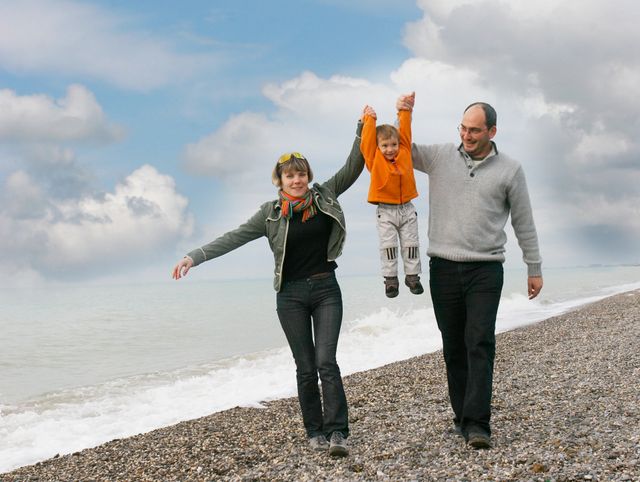Teach your child to regulate their emotions through Discipline.

Studies show that as early as 18 months old, children are known to start reacting to Parents responses.
What does this mean?
Our children naturally want to please us and if we set the tone early on with how we want them to behave, the easier to set some foundational disciplinary values that will help your toddler become productive and emotionally balanced adults.
As children, they go off of what we directly imply and what we indirectly imply.
Therefore, we as parents need to be consciousness of our own behaviors around our children.
Our children pick up on all those cues, our physical subtleties and gestures that not even ourselves are aware of most of the time.
Below, I’ve pointed out some valuable pointers to guide you during your journey of Parenthood and discipline.
Tips for Disciplining Your Toddler
Set Boundaries
The start to disciplining your children begins with communicating our expectations, day in and day out. As your child looks up to you for guidance on how to behave, communicating your expectations is the best guideposts for your child.
The way we can manage this is to set boundaries and show them what we expect as good behavior or bad behavior, through words.
Discipline comes from doing what needs to be done even though we don’t feel like it, essentially it is teaching our children to regulate their own emotions, so we don’t have to do it for them.
Enforce Boundaries
Once you’ve set boundaries, you need to make sure that you enforce them, not just when you feel like it either.
As children, we are inclined to want praise from our parents, therefore as parents we have the power to guide children’s behaviors by simply setting boundaries and sticking to them.
This is the most important part of the whole concept of discipline and in essence, our own actions need to be disciplined for it to be ingrained in our children’s minds.
When rules are adhered to, they get praised and rewarded, if they go against rules than there are consequences.
The hardest for me is feeling guilty for knowing the feelings of sadness or anger will arise and instead of them feelings those feelings, I will not enforce consequences… which in turn tells my children that my boundaries don’t matter, since I am not following them either.
I am learning to understand that when given those consequences because of misbehavior, that the sadness or anger, any discomforting feelings that arise for my toddler needs to set in for them so that they understand that there are boundaries.
Its ok that they feel these discomforting feelings because in the long run, they will better people for it. The goal is to teach them to regulate their emotions so we don’t have to do it for them.
Evoke Patience
Patience is hard, even our own children test our patience.
It takes patience to teach patience.
Instead of getting their juice right away, have them wait for it.
Or when mommy and daddy are talking, no kids interrupt us…this allows them to practice their patience.
Explain to them that you get to be patient, I will get it for you in bit, so when they are the world by themselves, they understand that patience is required in everyday tasks like waiting in the lunch line or waiting your turn to play a game.
This helps them regulate their emotions, develop a level of patience.
Ask Questions
By asking our children questions about issues they are having whether it be a simple sibling dispute over a toy or a more complete situation, this helps them think for themselves and allows more of self-thought.
The goal is to allow your toddler to think for themselves, promotes self-confidence, problem solving and critical thinking.

Conclusion
As parents, our goal is to teach our children the difference between good and bad behavior and the different consequences that comes with it.
Subscribe below to Access the TWM Mommy Mindful Interview [emaillocker id=”701″] Click Here Download [/emaillocker]
Allowing our children to feel the feelings of discomfort for bad behavior and praise them when good behavior, will help them regulate their emotions and will have them better prepared for the ups and downs of life.
Remember, Connect & Share!
Your Mommy Blogger,
Maria
